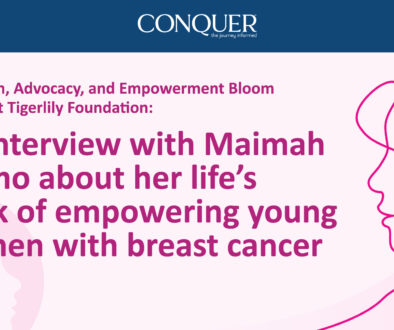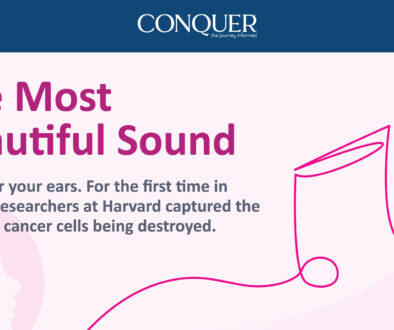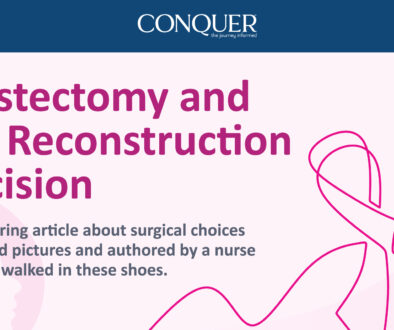March 2021 #PullUpASeat: Patient Advocacy in Policy Change to End Health Disparities
The Tigerlily Foundation and Guiding Researchers and Advocates for Scientific Partnerships (GRASP) launched a monthly conversation series entitled #KnowMoreDisparities and #PullUpASeat. Our March conversation was co-hosted by keynote speakers, Leah Barros, a Legislative and Regulatory Advocate, and Michael Williams, Legislative Director for Representative Lucy McBath, and patient experts, Aleena Clavel, Vera Morris, and Diane Nathaniel. The topic of conversation was on “Patient Advocacy in Policy Change to End Health Disparities”.
Leah Barros is an experienced lobbyist, with a strong history advocating on health care, privacy and civil rights issues. Leah spoke about her journey to becoming an advocate and why it is such an important part of her life. She stated “my biggest thing for patient advocacy and why I feel it’s very important is because there is this unique power of storytelling, legislators and staff need to hear your stories. It helps them to visualize the impact of the current law that’s in place or maybe just to understand the unintended consequences of proposed legislation that’s going through the process.” Leah believes that sharing a lived experience is an advocate’s most powerful tool.
“I think that it is vitally important that you continue to reach out to your congresspeople, whether at the state level at the federal level and reach out to your City Council people at the local level, because without your voices becomes a real, concrete thing.” Michael Williams discussed Representative McBath’s journey as a two-time breast cancer survivor and the issue of health disparities among black women, mainly with them getting subpar treatment and care. Michael emphasized the importance of reaching out to congressional representatives at the state or federal level. He urged advocates contact their City Council members at the local level.
“I opted for a biopsy, but I think that’s what’s so important, about being an advocate and teaching other women that is OK, to fight for themselves.” Aleena Clavel, mother and breast cancer survivor was diagnosed at 29 years old. At first, after her ultrasound, she was told that she did not have cancer and to wait and come back in six months, she refused to wait and wanted to get a biopsy done and this is how the cancer was found. Aleena believes in the importance of advocating for yourself as advocating for herself saved her life. She learned about different clinical trials and the various information needed from prospective trial participants by healthcare professionals before being admitted into a clinical trial.
“I know too many young women who have been affected by cancer and young women need to be taught about advocacy.” Vera Morris, USOA Ms. North Carolina 2020 and mental wellness motivational speaker, stated how in North Carolina the mortality rate for women of color impacted by breast cancer is just as high as the national rate due to late detection. Vera expressed better ways to disseminate information through social media to educate a larger audience. Through her advocacy, she received a letter from President Obama and Joe Biden making colon cancer awareness month in March, this was the result of her fighting for herself.
Conversation Takeaways:
-
There is this unique power of storytelling right legislators and staff need to hear your stories. It helps legislators visualize the impact of the current law that’s in place or maybe just to understand the unintended consequences like I said of proposed legislation that’s going through the process.
-
Use social media platforms to educate women on early detection.
-
Trust your intuition. Do not allow HCP’s to allow a delay in your treatment.
-
Advocate for your health!
-
The most simplistic answer is that people don’t know what they don’t know, so we have to break it down in such a way, where they can understand the impact of these laws that they’re crafting and passing.
Resource Guide:



